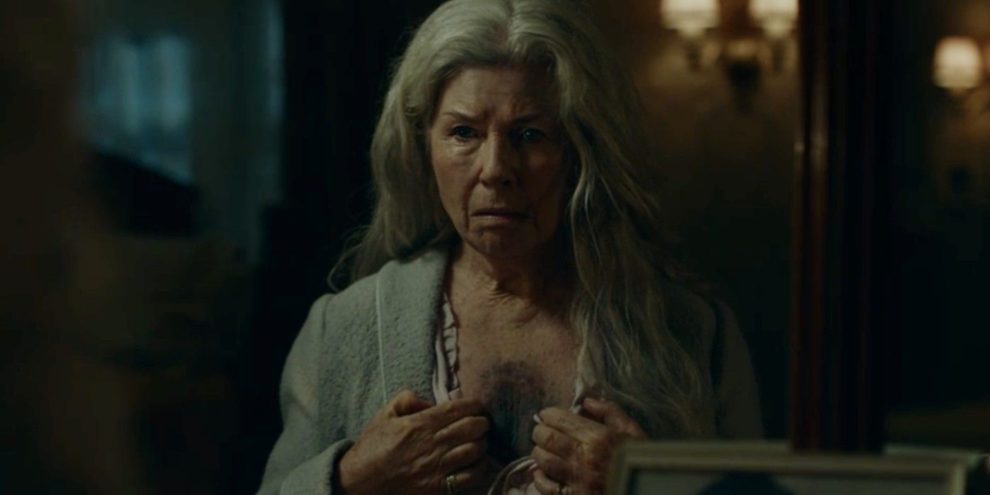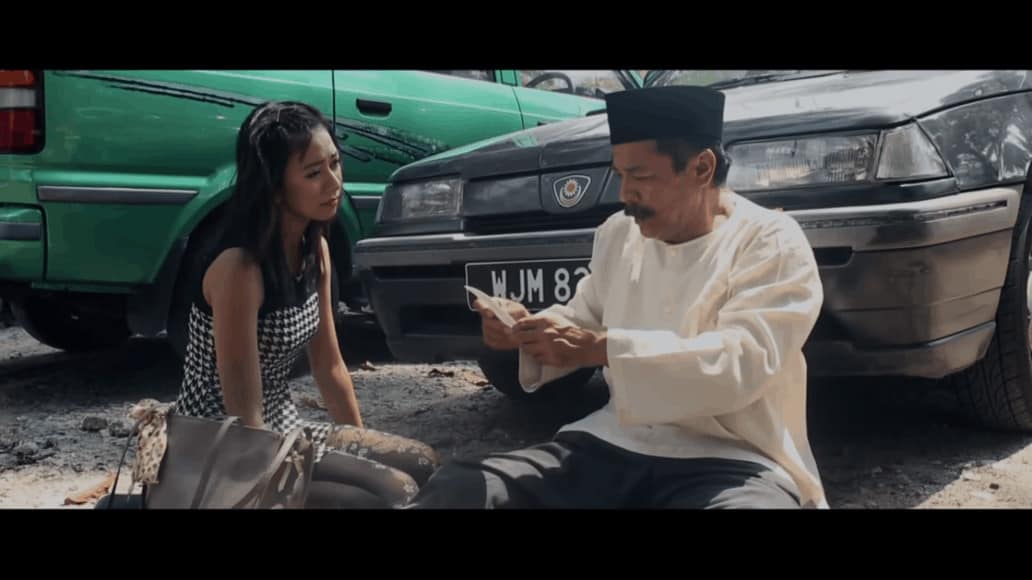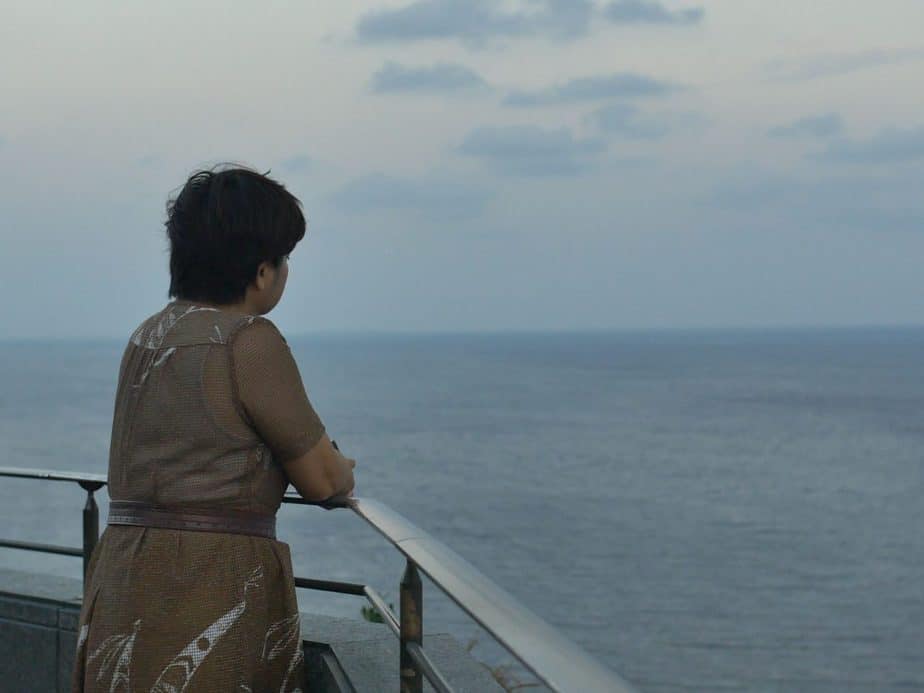Often the scariest things and the darkest spirits live within our own house, closer than we think. Japanese Australian female director Natalie Erika James co-wrote the script of her debut feature “Relic” with Christian White, embracing the horror genre to talk about mortality and slipping away love. “Relic” is a new addition to what has been defined a Female Horror Renaissance and was premiered at the prestigious Sundance Film Festival in January 2020.
“Relic” is screening at the BFI London Film Festival

Elderly Edna (Robyn Nevin) lives on her own in an isolated and decaying family house in the countryside outside Melbourne. The matriarch of a family now reduced to only her daughter Kay (Emily Mortimer) and granddaughter Sam (Bella Heathcote), One day Edna is reported missing by a worried neighbour who has not seen her for a while. Kay and Sam immediately drive up to the house, only to find it eerily empty. Things still have a lively, messy appearance as if Edna had vanished in thin air all of a sudden, and notes on scraps of paper are disseminated in the rooms, some of them worryingly cryptic. The two women are baffled by the disappearance but every search proves useless. To add to the mystery, they discovered that something disturbing has happened there to the young son of the neighbouring family and consequently he was forbidden to get close to the house again.
During the following nights, some disturbing creaking noises come from a black mould stained wall and nightmares populate the sleep of the increasingly worried women until few days later, one morning, Edna reappears, unperturbed, making breakfast in the kitchen. A medical visit states she is generally in a good health, but an inexplicable big black bruise on her chest has appeared and looks like it's growing. Edna cannot explain what happened to her in the days of her absence and Kay and Sam start considering new ways to look after their dear elder whose behaviour is becoming more and more erratic, looking at times as if possessed by a malignant entity.
In this slow-burning gem, the director uses all the horror genre tropes and tricks to paint a very accurate and affectionate portrait of what it might be like watching your loved ones losing the grip with reality and slowly becoming a different and unknown entity. The tension is built up slowly and without the aid of easy jump scares, but more using a crescendo of sinister atmospheres, to prepare for the exponentially maddening finale.
With impressive accuracy, the narration succeeds in conveying progressively a sense of displacement and confusion utilising rapid shifts of the object of compassion. We – like Kay and Sam – fluctuate from loving Edna to being scared of her sudden mood swings, to feeling a frustrating anger that is difficult to address. However, the emotional gravity centre and sympathy are cleverly kept in place until the very end, making the journey and the climax even more devastating. In fact, when we start to realise what is all about, we are far from relieved.
The location of the film, the big family house, is a character in its own right. Imbued of symbolism and emotional resonance, it is the perfect metaphor for the decaying of the body and mind. In one of the most disturbing and powerful sequences, its once-familiar rooms become a deadly claustrophobic trap, a maze full of mould and hoarded junk imprisoning and disorienting its inhabitants. Charlie Sarroff's stylish photography immerses everything in a deep pool of blue-ish melancholia.
Kay has got a great deal on her shoulders, love, guilt, sorrow, fear and rage and Emily Mortimer shows a great control of her acting, aided by equally skilled performers Robyn Nevin and Bella Heathcote. Director Natalie Erika James stated she co-wrote the film, inspired by a love for Asian horror movies and her own experience with her sick grandmother living alone in an old creepy traditional Japanese house, full of rooms and stashed objects. From an inspiration sparked in 2014, she slowly developed and tested it in the chilling short film “Creswick” (2016, available here), that opened a door to her, into the next level productions.
Her debut feature is a terrific love letter to genre films and a tale of an all too-real nightmare, through the eyes of three generations of women.















